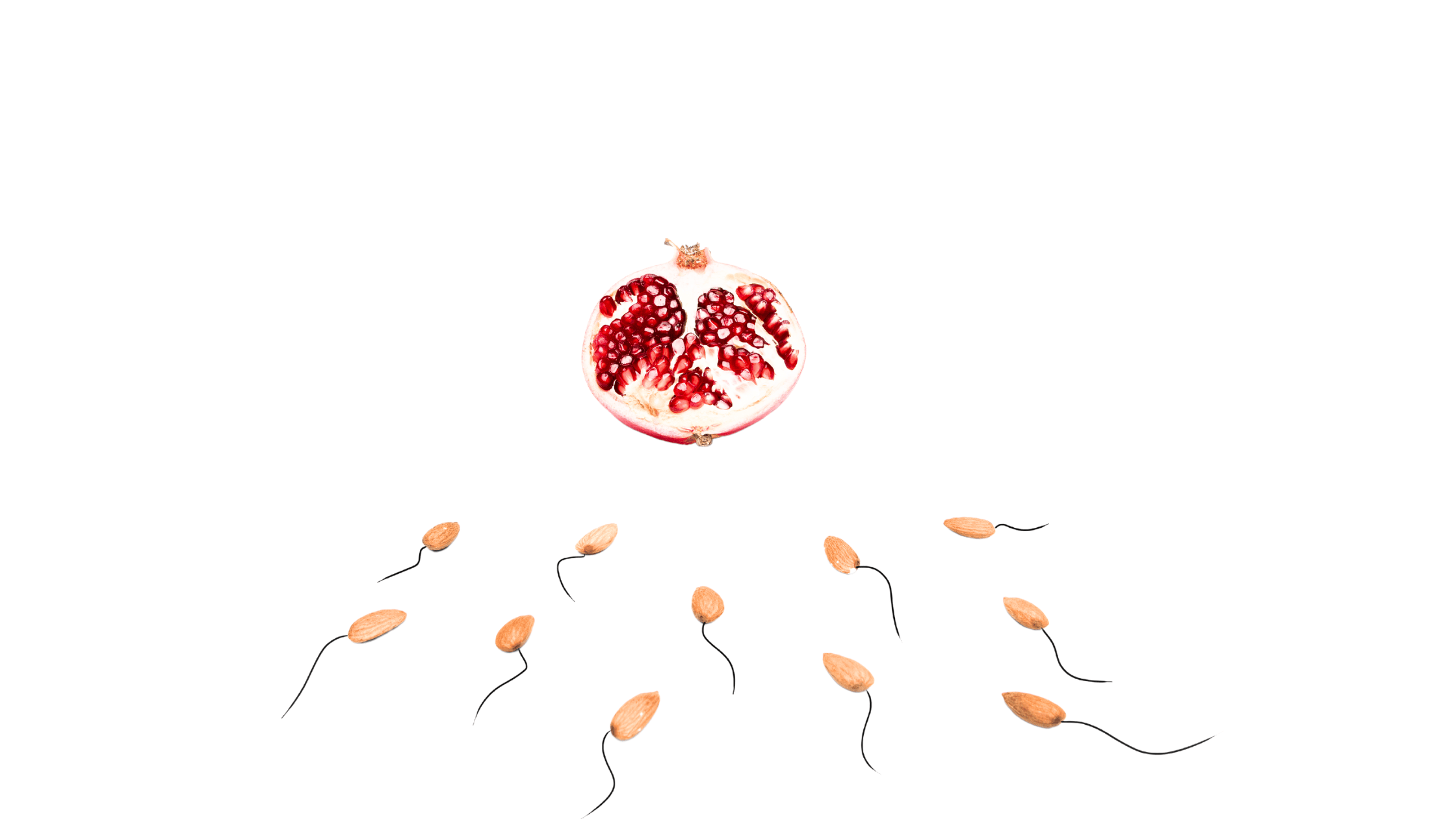The Thyroid: Your Fertility Secret Weapon –>
Did you know that your thyroid gland—the small, butterfly-shaped organ in your neck—has a huge influence on your ability to conceive? It’s true! Your thyroid is like the control center for your hormones, and when it’s out of balance, it can throw off your menstrual cycle, ovulation, and even the ability to maintain a healthy pregnancy.
Here’s something surprising: Women with even mildly underactive thyroid function (a TSH over 2.5 is considered subclinical hypothyroidism) are more likely to experience difficulties conceiving. And thyroid antibodies (which many women don’t even know they have until we run blood work) can increase the risk of miscarriage. This is why thyroid health is a cornerstone of any fertility journey.
Understanding Thyroid Hormones (Simplified!)
• TSH (Thyroid-Stimulating Hormone): Think of TSH as the messenger. It tells your thyroid to produce hormones, but when it’s too high, it could mean your thyroid isn’t keeping up.
• Free T3 and Free T4: These are your active thyroid hormones. T4 is the “storage form,” while T3 is the active hormone your body uses. If these are too low, your cells may not be getting enough energy (think egg quality).
• Reverse T3: This acts like a “brake” on your thyroid. Too much reverse T3 can slow down your metabolism, including reproductive processes.
• Thyroid Antibodies: These indicate autoimmune thyroid issues, like Hashimoto’s, which can interfere with fertility even if your TSH and T3/T4 levels look “normal.” Read more about these here!
When your thyroid isn’t functioning optimally, it’s like trying to bake a cake without preheating the oven—everything slows down, including your ability to conceive.
How to Support Your Thyroid for Fertility:
Here are seven evidence-based ways to nurture your thyroid health and support your fertility journey:
1. Optimize Your Nutrients
Selenium, and Zinc are essential for thyroid function. Add foods like seafood, Brazil nuts, and pumpkin seeds to your diet. You can even have these levels checked in your blood.
2. Manage Stress
Chronic stress can suppress thyroid function. I know you have read this a zillion times – that stress impacts fertility – but it does, and I will keep shouting this from the hilltops until we are all zen
3. Get Your Iron and Ferritin Checked
Iron is vital for thyroid hormone production. If you’re deficient, focus on iron-rich foods and don’t forget to support your gut health so you are actually absorbing the iron you do consume!
4. Avoid Thyroid Disruptors
Limit exposure to endocrine-disrupting chemicals found in plastics (like BPA), non-stick cookware, and certain cosmetics. In my Strong Fertility method I walk you through all the places you can stop hormonal disruptors and what to replace them with.
5. Eat for Gut Health
A healthy gut supports thyroid hormone conversion. Add fermented foods like yogurt, kefir, or sauerkraut to your meals. Plus, pay attention to sneaky symptoms that could be red flags something isn’t quite right. These could include gas, bloating, belching, rashes, headaches, food sensitivities, and allergies.
6. Be Aware of Gluten Sensitivity
For women with autoimmune thyroid issues, gluten can exacerbate inflammation. Consider a trial elimination to see how your body responds.
7. Prioritize Sleep
I know, I know, you have also heard this before…but poor sleep can disrupt your entire hormone system, including your thyroid. Aim for 7–9 hours of restful sleep each night in total darkness!
Your Next Steps
Do you wonder if your thyroid could be impacting your ability to get and or stay pregnant? Have your levels checked and interpreted from a functional perspective – meaning, make sure they are in the optimal ranges and not just considered “normal”.
Need help email michelle@mymindbodybaby.com or follow on Instagram @mymindbodybaby
Other articles/recipes you may like:
20% of Women Have This – Could it be Affecting Your Fertility?





